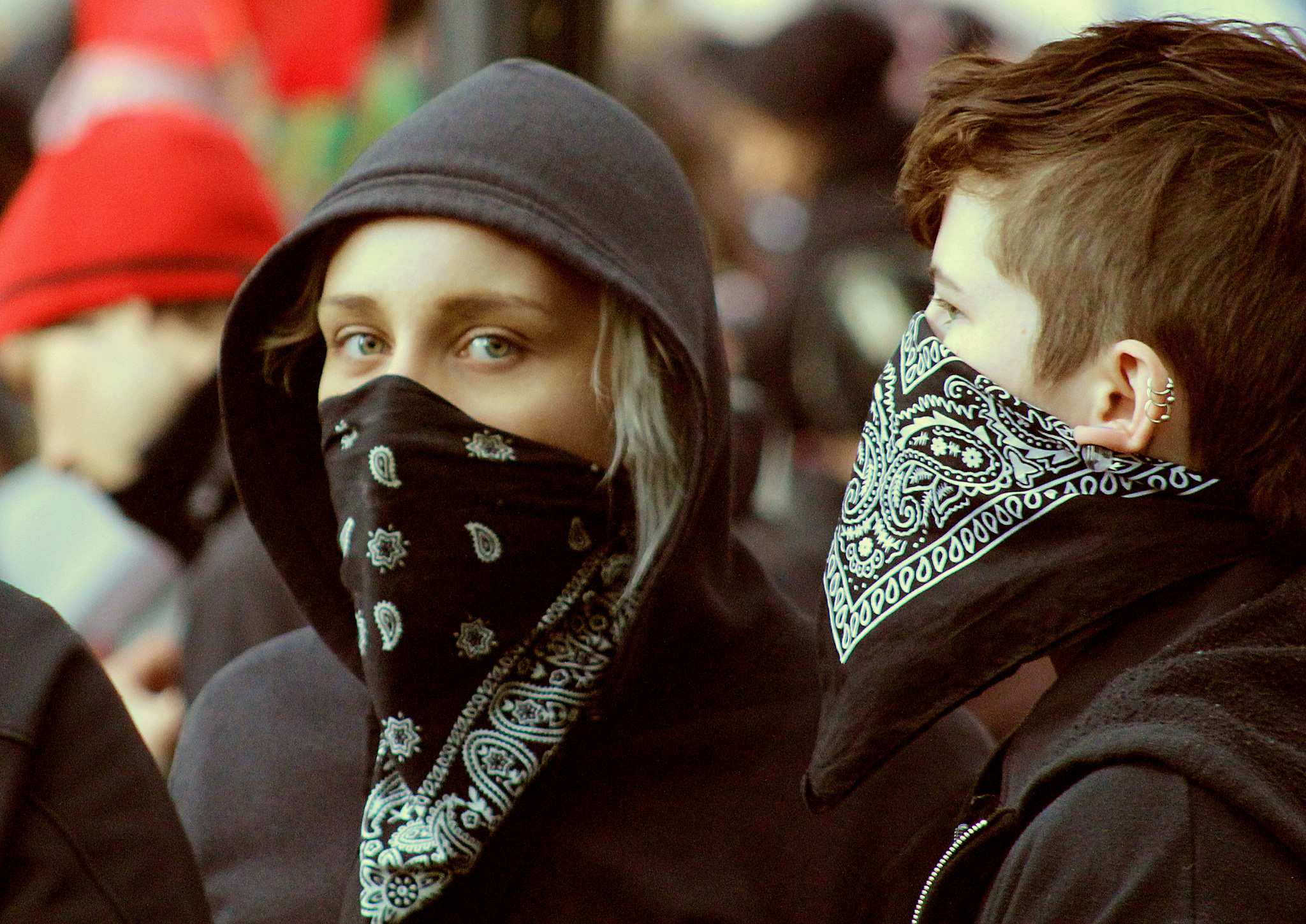Imagine a police state so bent on repressing dissent that people were targeted by the government just for visiting a web page or liking a page on Facebook?
This dystopian scenario isn’t science fiction, and it isn’t something happening in a far off country — it’s happening in the United States. No really, let’s take a look at a recent example: On an auspicious Friday the 13th in October, the federal government dropped its demand that Facebook turn over information about anyone who had simply “liked” a page dedicated to protesting Donald Trump’s inauguration. And while it wasn’t successful, this isn’t the first time the feds tried to target anyone who’d even looked up information on the massive January 20 protests.
While the government backed down when challenged by groups like the ACLU and cyberliberties watchdog Electronic Frontier Foundation, this was still a clear attempt to silence even the most basic forms of dissent and it’s almost certain we haven’t seen the last of this kind of thing. Keep in mind that dozens of people arrested for protesting the inauguration are STILL facing decades in prison, and we can only guess at the horrors the Cheeto Gestapo might have unleashed with access to even more information about Trump’s opponents.
And if you think this all sounds Orwellian, you are absolutely correct.



